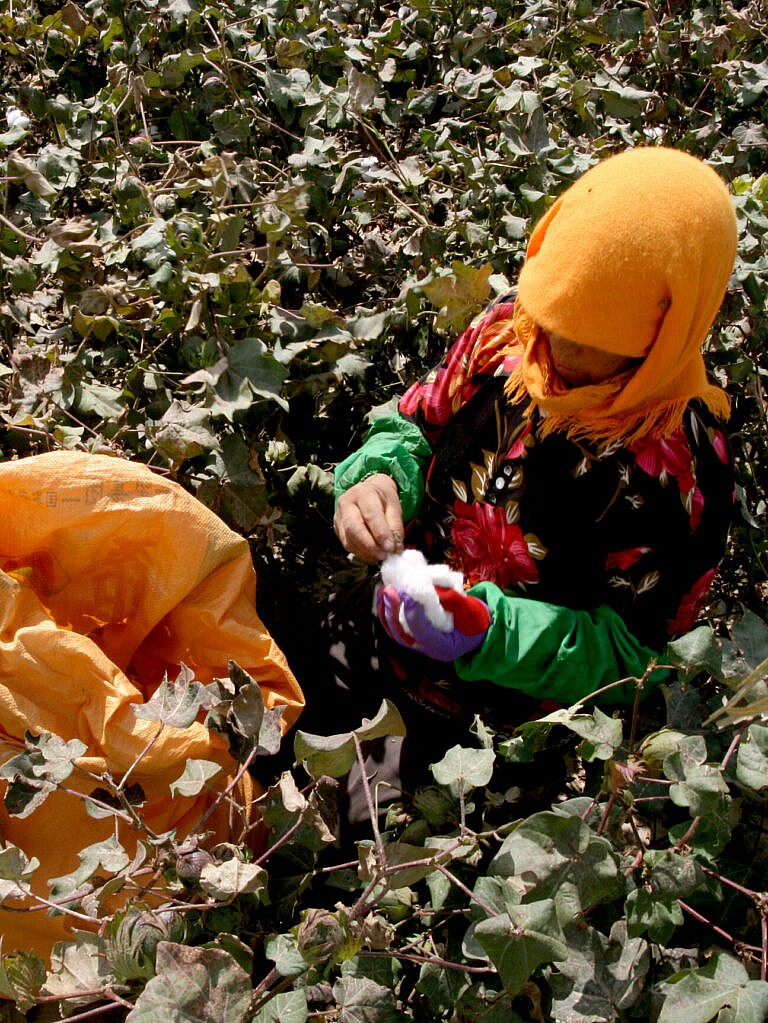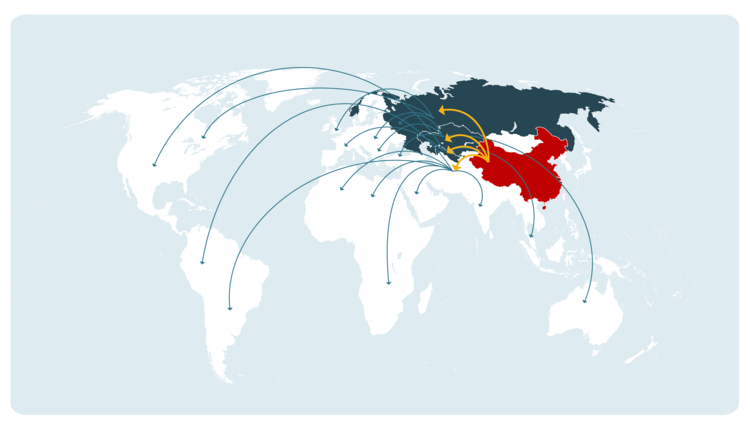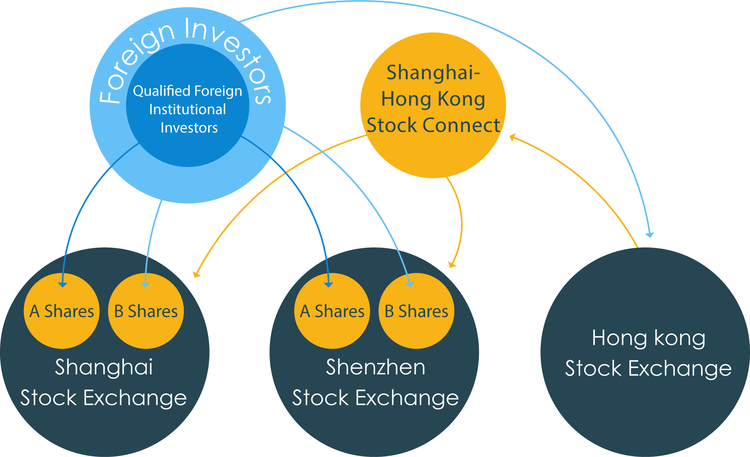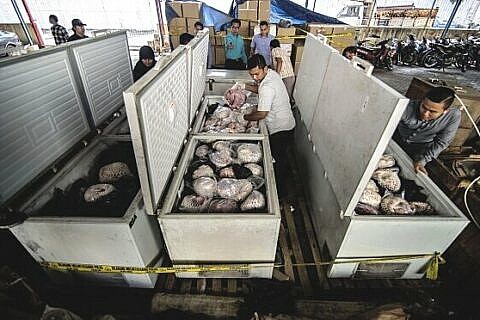How Congress Can Act Against Uyghur Forced Labor

Products manufactured by forced Uyghur labor still permeate global supply chains, and major banks continue to fund it. If we want to fight against the humanitarian crisis in Xinjiang, the Uyghur Forced Labor Prevention Act (UFLPA) must be amended and passed.
Millions of Uyghurs in the Xinjiang region of China are subject to inhumane and systemic detention and forced labor. Despite hefty sanctions and coordinated efforts from Western countries, the products manufactured by forced Uyghur labor still permeate global supply chains, and major banks continue to fund it. While prospective U.S. legislation — namely the Uyghur Forced Labor Prevention Act (UFLPA) — seeks to tackle this issue, the bill fails to address the most serious gaps. If we want to fight against the humanitarian crisis in Xinjiang, the bill must be amended and passed.
In our recent report, Long Shadows, C4ADS analyzed millions of corporate, trade, and financial records and revealed how global trade and finance support oppression in Xinjiang at a pervasive level. Based on this analysis, we found that to effectively stop perpetrators of Uyghur abuse from accessing global commerce, U.S. and foreign legislation must: (1) improve forced labor import bans; (2) ban investment in high-risk companies; and (3) mandate the transparency of business interactions relating to Xinjiang.
Improve Forced Labor Import Bans: Given the systemic nature of forced labor in Xinjiang, legislation should ban products made in Xinjiang from entering the United States unless it is proven that they were made without it. However, simply banning high-risk goods is insufficient—C4ADS’ analysis of trade data found that Xinjiang cotton and tomatoes, two products which are already prohibited from entering the U.S., still enter U.S. supply chains through Chinese and Central Asian intermediaries. This is largely because the responsible agency, U.S. Customs and Border Protection (CBP), does not have the tools, data, or personnel to disentangle forced labor products that are coming from layered and international supply chains. In order to be effective, legislation banning goods from Xinjiang must be accompanied by an increase in dedicated resources for CBP’s Forced Labor Division, which will allow for more capability and capacity.

Ban Investment in High-Risk Companies: Legislation should require investors to divest from companies engaged in human rights abuse or detention in Xinjiang. Despite sanctions, we found that companies associated with forced labor and mass detention are still publicly traded on Chinese stock exchanges. Additionally, major American and global investors fund these companies via the Shanghai-Hong Kong Stock Connect and licensed financial institutions. To cut off this source of capital, legislation can ban investments in complicit companies, to be tracked by the Department of the Treasury. This would mirror President Trump’s executive order—later expanded by President Biden—that bans investment in Chinese defense companies.

Mandate Corporate Transparency: Legislation must mandate that businesses submitting SEC filings be required to state any business connection they have with Xinjiang. Our analysis found that while connections to Xinjiang are widespread, these connections are often hidden from the public through complex supply chains or financial arrangements. Requiring transparency would be a critical element of the U.S. response to human rights violations in Xinjiang, as it would serve as a deterrent while enabling monitoring by both the U.S. government and civil society. Reported activities should include any business conducted with companies contributing to mass surveillance, detention, or forced labor, as well as any trade in products produced in Xinjiang. While the first element is addressed by the current version of the Uyghur Forced Labor Prevention Act, it does not require companies to state if they are involved in the trade of goods originating in Xinjiang, allowing companies to sell and profit off of forced labor goods internationally while avoiding U.S. markets.
The scale of atrocities in Xinjiang merits a comprehensive and immediate legislative response from Congress. For several years, the world has learned about the scale of oppression in Xinjiang, and there are no longer excuses for inaction. To create real change for Uyghurs, however, this legislation cannot go halfway, or ignore the lessons learned from experience and public reporting. Instead, lawmakers have the opportunity to take a strong stand against human rights abuse by ending U.S. financial support of forced labor and other atrocities in Xinjiang once and for all.






